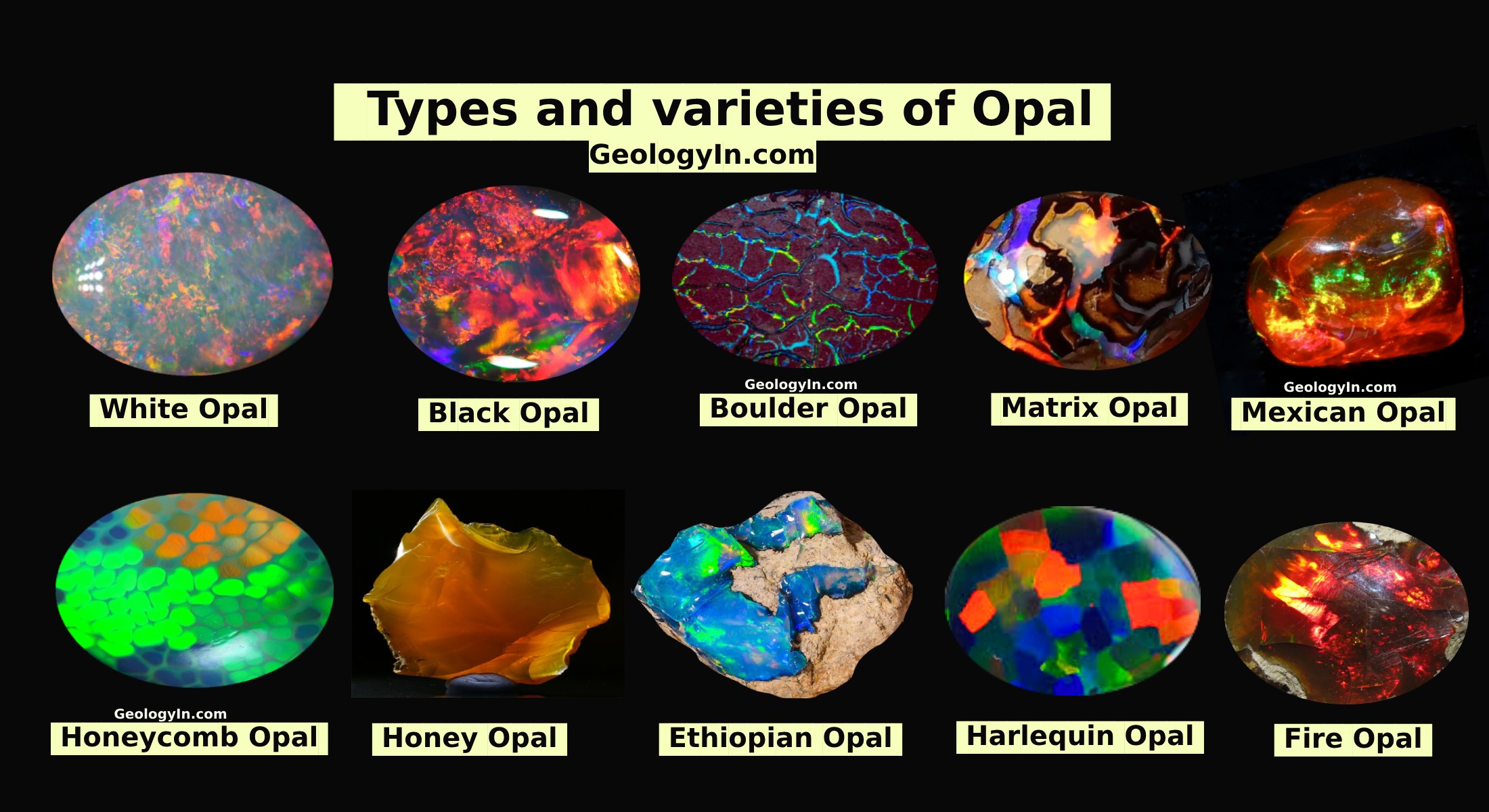Researchers Catch Mysterious "Living Fossil" Off The Coast Of Portugal
 |
| The Portuguese Institute for the Sea and Atmosphere |
The rare frilled shark is considered a “living fossil,” as its makeup has remained unchanged for 80 million years. This summer, researchers found one alive and thriving off the coast of Portugal, adding evidence regarding the resilience of this ancient sea creature.
Researchers aboard a Portuguese trawler picked up an unusual passenger this week. The scientists were working on a EU-led mission to find ways to reduce the number of accidental catches by commercial fishing when they came across a frilled shark (Chlamydoselachus anguineus).
Not only is this particular breed of shark an incredibly rare find (these are deepwater fish, usually living in depths between 500 and 1,000 meters), it is also one of the most archaic species on the planet. Archaeologists have found fossils of this serpent-like shark dating back 80 million years to the Cretaceous period, meaning they co-existed with the Tyrannosaurus and Triceratops.
This particular specimen was caught off the Algarve coast, close to the Portimao resort. It was swimming at a depth of 700 meters (2,3000 feet) when the researchers found it.
Frilled sharks can reach lengths of almost 2 meters (6.5 feet), though males tend to be smaller than females. This Portuguese shark was 1.5 meters (5 feet) but no word yet on whether it's male or female.
Samuel Garman was one of the first scientists to study the animal, back in 1883. He believed its snake-like qualities inspired legends of sea serpents. Scientists today think it's likely they attack their prey the same way snakes do, by striking suddenly. But because there is very little footage of the shark, we do not know for sure.
As the researchers point out to reporters at Sic Noticias, a Portuguese TV channel, there is “little known in terms of its biology or environment”. While these spooky-looking fish can be found in locations across the Pacific and Atlantic oceans, they have a patchy range and prefer deeper waters. This means there is very little video footage of the sharks in their natural habitat and they are very rarely caught. When they are, it's even rarer for them to be taken back to the laboratory to be studied.
The above story is based on materials provided by The Portuguese Institute for the Sea and Atmosphere

%20(1).webp)






